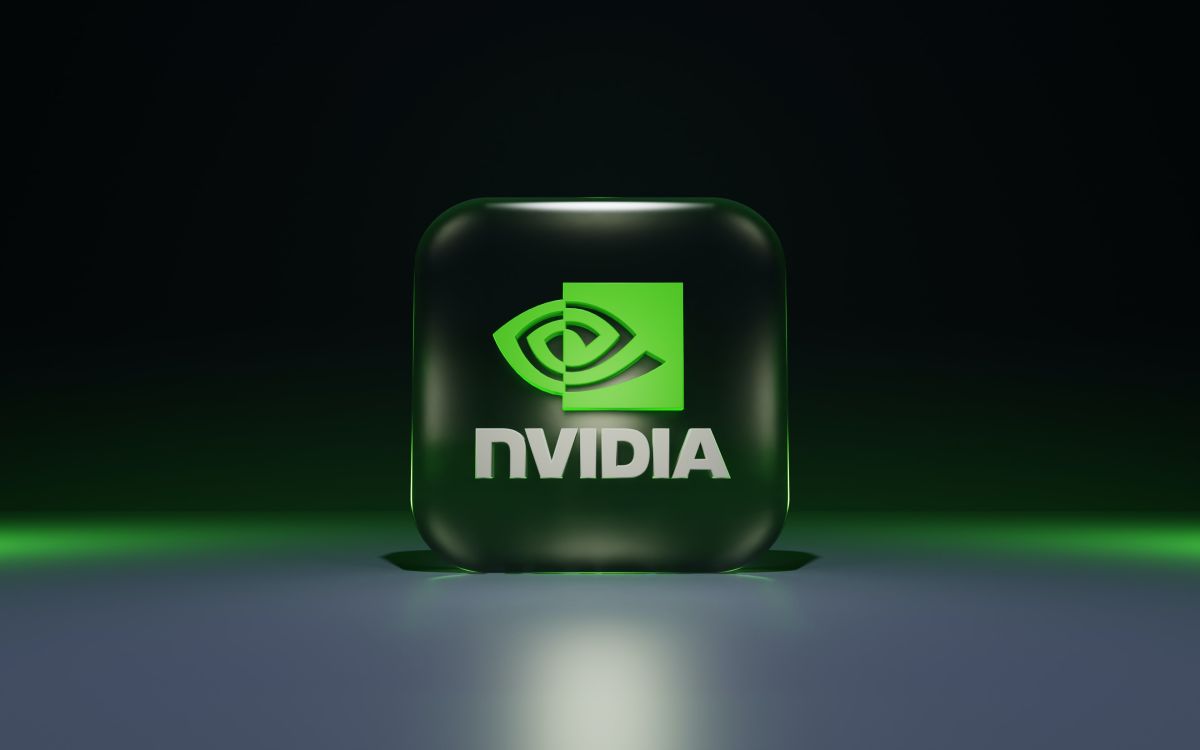Howto make sure that your files are safe
It is important that only authorized users can access important files on your computer. I can think of several reasons why it is wise to secure private files. If you are sharing a computer you have multiple users working on it and if you happen to share a user account, it can quickly become embarrassing if someone else finds out about your hidden stash of adult pictures on your hard drive.
A thief on the other hand may find personal information like account information for websites, financial information or other information that can be used for criminal activities.The question that should come up now is what you can do to protect your files properly against these possible scenarios. The main answers are: file encryption and making sure that files get deleted securely.
This sounds like a lot of work and it initially is. Once setup, it is not a hassle anymore. Let me walk you through the configuration:
The first thing you need to realize is that your data is not safe if it is located on unencrypted hard drives or partitions. They are accessible even if you try to be sneaky and rename the files, hide the folders or partition, use different profiles and so on. What you need to realize is that unencrypted files are easy to spot. Just boot from a Linux live CD and browse all the contents on the computer's hard drive.
What you need is a safe way to encrypt your files so that they are protected from unauthorized access. It is important that you on the other hand can access the files with as little effort as possible.
The tool you need is called True Crypt. Click the following link to find a detailed introduction on True Crypt. The article walks you through the installation process. You don't need a portable drive to install true crypt, you can also create an encrypted container on a local hard drive. True crypt can encrypt and decrypt files on the fly making it a tool that you can work with easily on a day to day basis.
It works by mounting the encrypted container that you have created before once during a session. This is done by simply selecting the container and entering the password in the True Crypt software. Once mounted, all files and folders are accessible like any other file on the system. When not mounted, access is not possible and no one can browse the contents of the encrypted space on your hard drive.
Encrypting files is not enough. Many programs and especially Windows record access histories. These information can still leak information to someone analyzing the computer. While they won't be able to access those files since they are stored on the encrypted part of the hard drive, they do know that those files exist or have existed.
A good way to prevent this from happening is to use either portable applications or configure the programs that way that they either don't save those information or save them in the encrypted container. Firefox offers another possibility. It has an option to clear private data when closing the browser. (located in options / privacy)
To sum everything up:
- Encrypt your private files with true crypt.
- Use portable applications
- Make sure profiles and caches are saved on your container file or deleted when you logout
Another program that you will find very useful is CCleaner, a temporary file cleaner which you can use to remove many traces from your system.
Advertisement
















